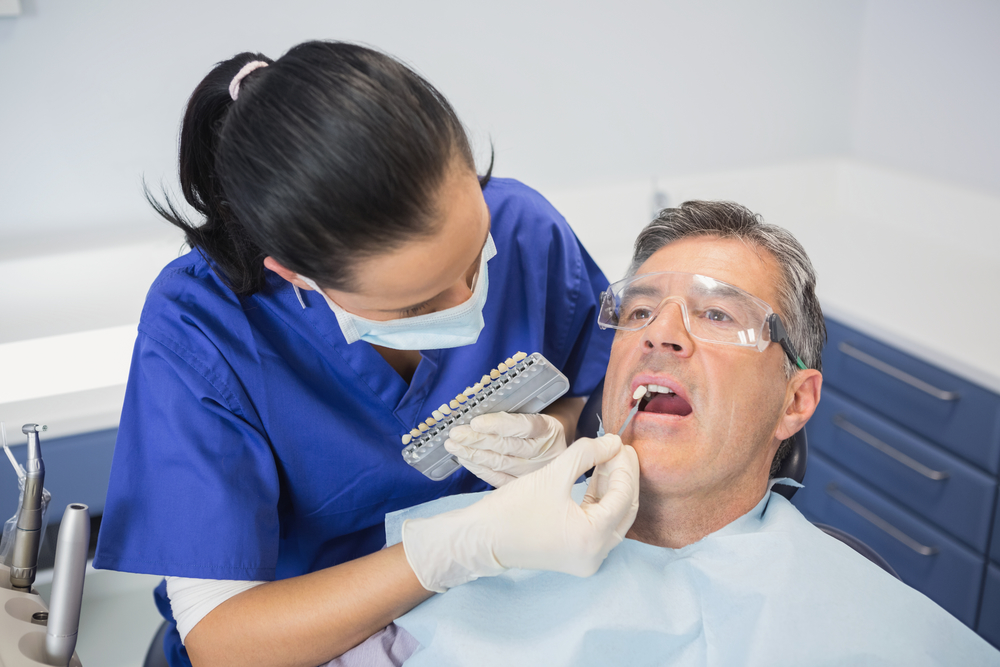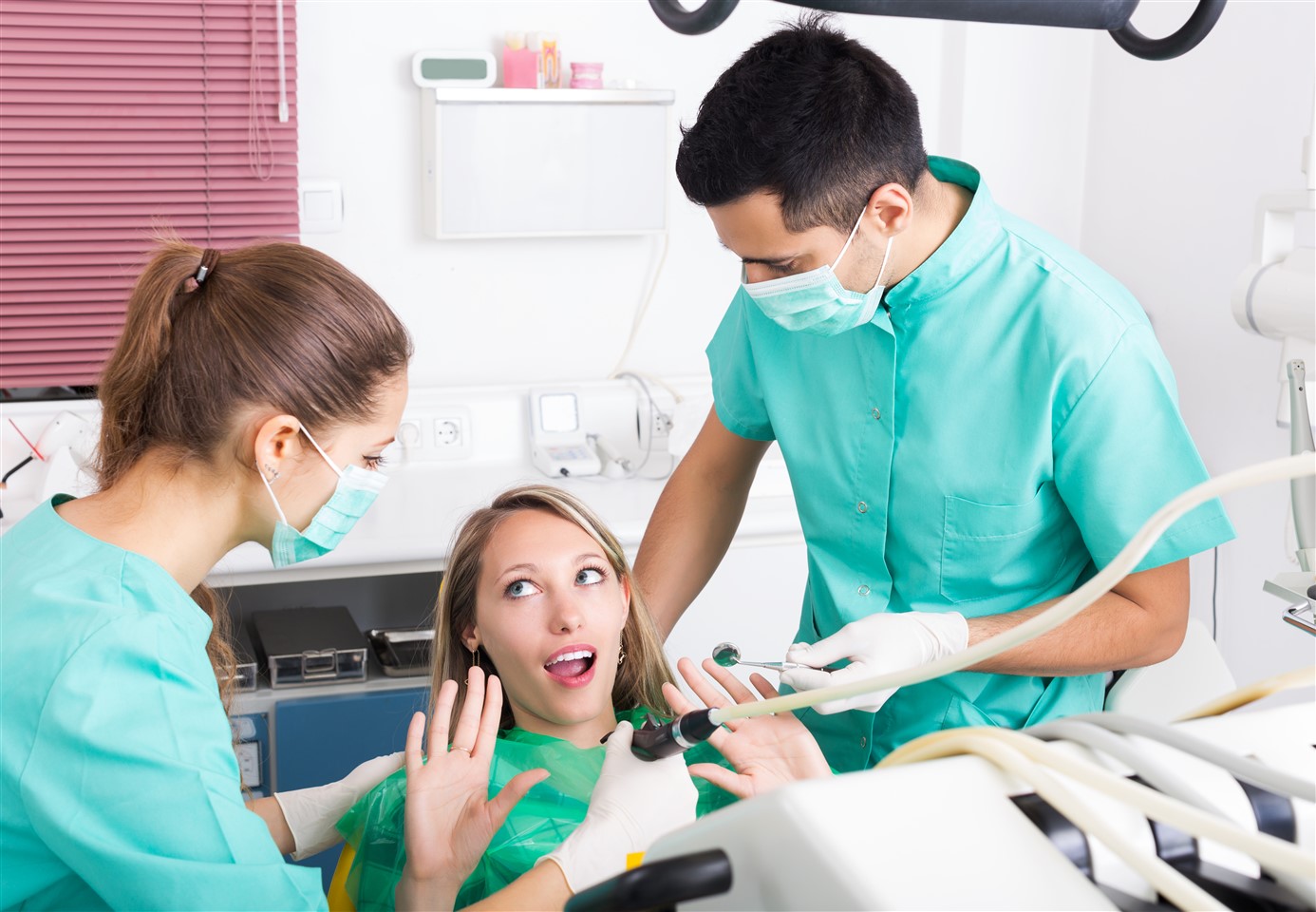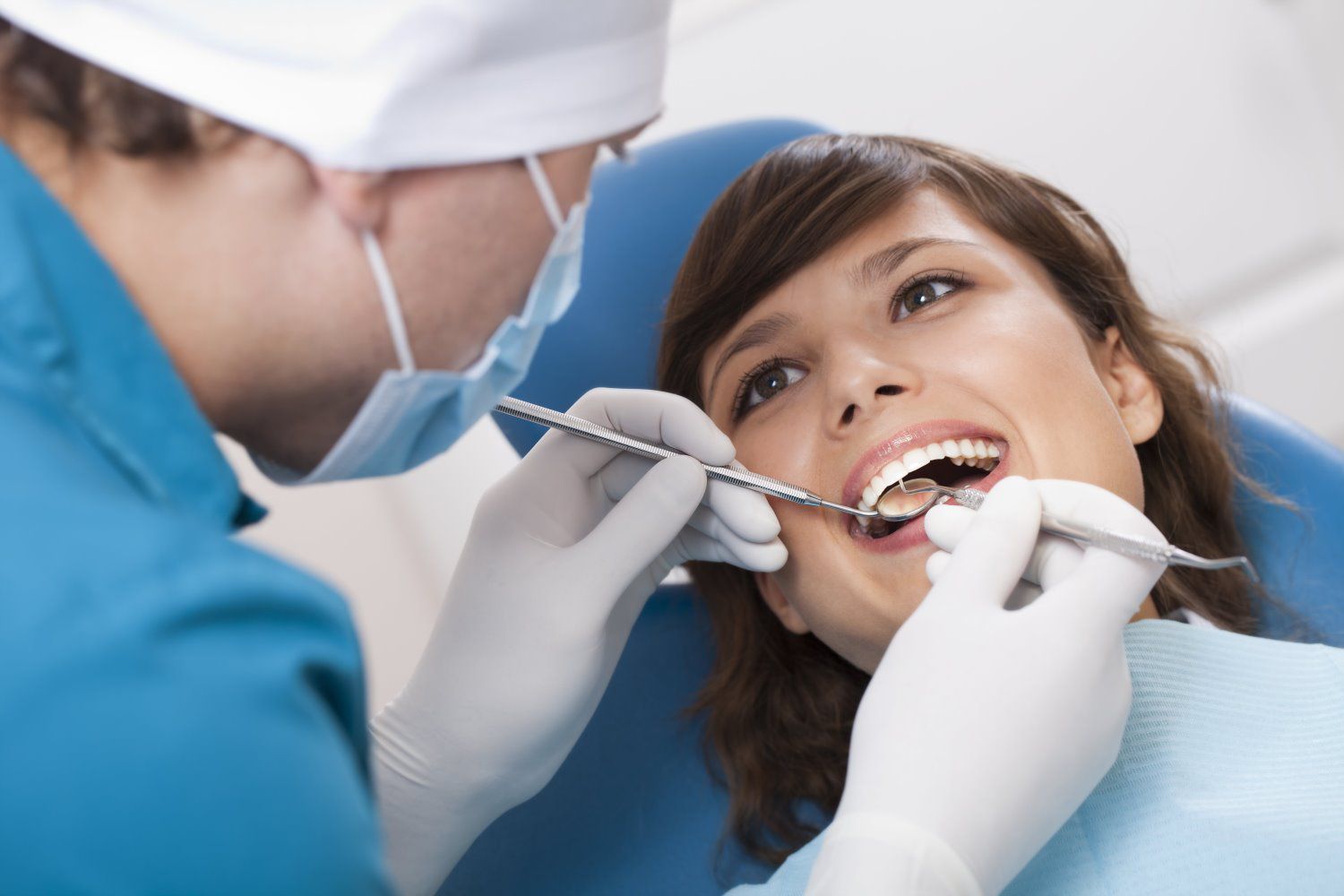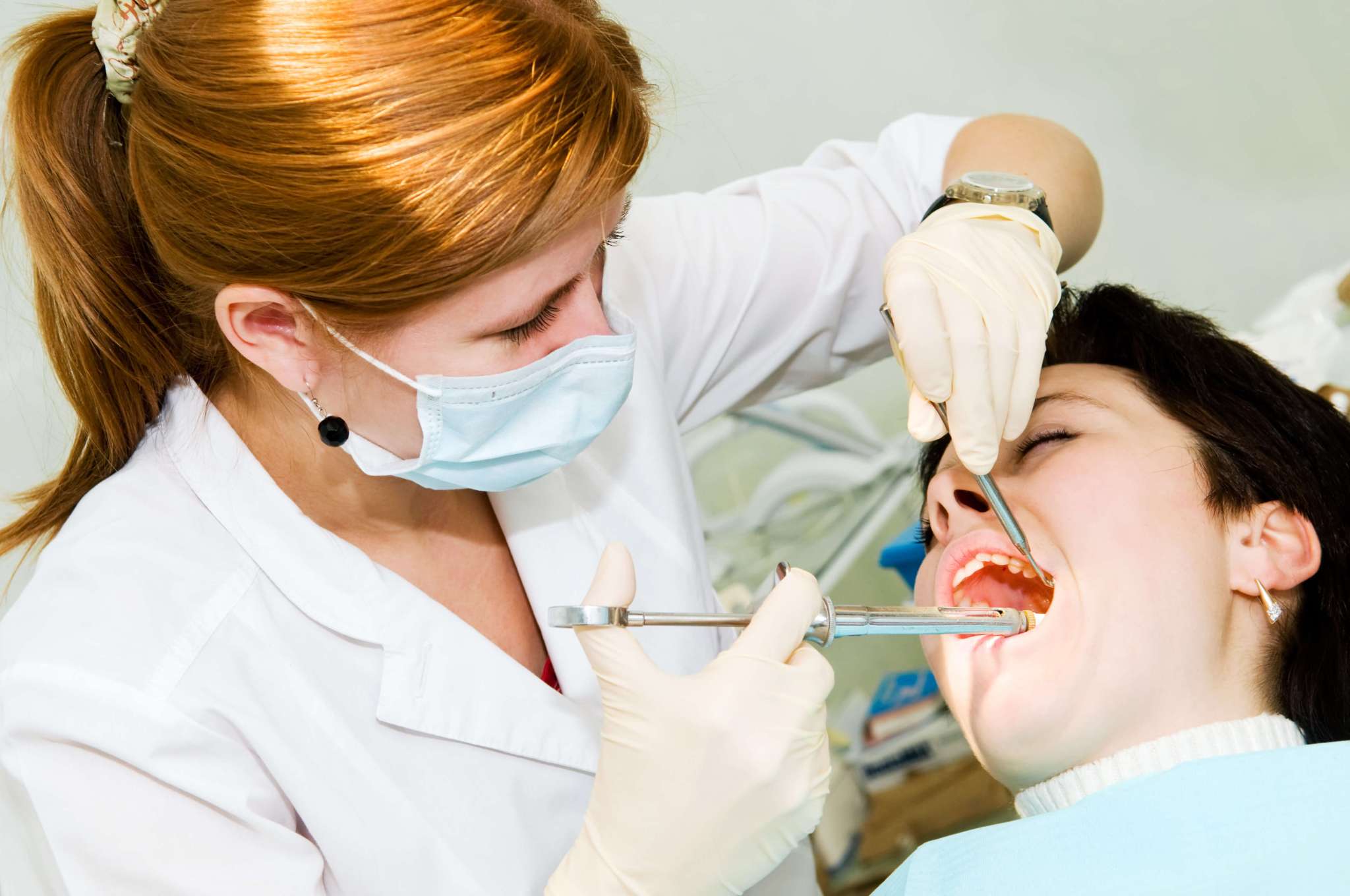When you're a child, your parents might tell you to stop sucking your thumb or using a pacifier. But adults who still use these habits are probably wondering if it's okay to keep them up now that they're grown up. The same is true when it comes to orthodontia: Most adults only get braces if they have actual problems with their teeth or jaw alignment, but some people choose to just get them for cosmetic reasons. When is it time to consider getting braces choose the right Best Orthodontist in Ahmedabad.
Having crowded teeth.
Crowded teeth, or an overcrowding of the teeth, can be hereditary. If your parents have crowded dental work, you might be more likely to have crowded teeth. This can lead to a host of problems with your bite and jaw alignment. Having too many teeth in a small space causes the jaw to have limited room for growth, and can affect your ability to chew food properly. Also, having crowded dental work may mean that other teeth are pushed into bad positions—for instance, crowding at the back of the mouth could cause misalignment or damage to anterior permanent teeth like incisors and cuspids (front teeth), which could lead them to become crooked or impacted themselves.
Having an underbite or an overbite.
When your jaw is perfectly aligned, the bottom teeth are in front of the upper teeth. But if your lower jaw is too far back and your upper jaw is too far forward, you have an underbite or an overbite.
If you're wondering whether or not you have either one of these conditions, there are several ways to tell. If a dentist notices that your bite looks off when he examines his x-rays, then he may recommend consulting an orthodontist for treatment options.
If you notice that when you look at yourself in the mirror (or do this exercise), it appears as though one side of your face seems longer than the other—this could be due to lack of proper alignment between top and bottom jaws. Finally, if chewing feels uncomfortable because your teeth don't meet up properly when biting down on food—this can indicate that there's something wrong with how both sets are positioned relative to each other
Jaw pain and headaches.
- When you feel pain in your jaw, it may be caused by TMJ (temporomandibular joint disorder). This is a disorder that affects the jaw joint. It can be caused by grinding your teeth, misalignment of your upper and lower jaws, or by muscle tension around the muscles that control chewing.
- If you have TMJ symptoms such as headaches and/or facial pain, then consult an orthodontist to determine if there may be another cause for your symptoms.
Difficulty chewing or biting down.
Difficulty chewing or biting down is a good indicator that your teeth may not be aligned properly. This can happen if you have an underbite, meaning the lower jaw protrudes further than the upper jaw, or an overbite, where your upper teeth sit too far forward in comparison to the lower teeth.
These problems can also be caused by crowding of teeth—a condition that occurs when there are too many or too few teeth in your mouth for their size. Crowding can be genetic, but it's often caused by trauma to one's mouth (think: braces).

Chronic mouth breathing.
- Mouth breathing can lead to dry mouth and gum disease. When you’re not breathing through your nose, the air you breathe in is less humidified, which makes it harder for mucus membranes like those in your mouth to stay moist. This can lead to dryness, increased risk of cavities, and even gingivitis or periodontal disease.
- Mouth breathing is linked to snoring and sleep apnea. If you’re always breathing through your mouth instead of sleeping with open nasal passages, this may prevent oxygen from entering properly into both nostrils during sleep cycles. This lack of airflow can cause pressure on soft tissue structures in the throat, which results in snoring or obstructive sleep apnea (which causes heavy breathing).
- Chronic mouth-breathing can cause headaches and fatigue — especially if you're not getting enough restful sleep due to excessive snoring or loud snorts when exhaling through an open airway during deep REM cycles at night time — as well as bad breath due to bacterial build up inside the oral cavity between tooth surfaces where food particles get stuck over time without proper cleaning efforts being taken care of regularly throughout each day before bedtime arrives so that bacteria doesn't continue growing overnight once nocturnal cleanup isn't happening anymore since morning hasn't come yet.''
An unbalanced facial appearance.
If you feel like an unbalanced facial appearance is holding you back in life, then it’s time to consult an orthodontist. An unbalanced facial appearance can make it difficult to smile or laugh, and cause discomfort when eating or breathing.
You may have developed an overbite, which means that your upper teeth are positioned too far forward over your lower teeth. This can cause problems with speech and chewing, as well as issues with both your dental health and self-esteem. If this sounds like something that would be a good fit for you, consider seeing an orthodontist who can help correct the issue with braces or other treatment options.
You need to see an orthodontist if you have any of these problems.
If you have any of these problems, an orthodontist can help you.
- Underbite or overbite: If your teeth are not aligned properly, it can cause jaw pain and headaches. It also causes difficulty chewing or biting down and may lead to chronic mouth breathing.
- Jaw pain and headaches: An orthodontist will be able to identify problems that are causing the pain in your jaw and head, such as misaligned teeth or TMJ (temporomandibular joint) syndrome.
- Difficulty chewing or biting down: A misaligned bite can cause difficulty chewing food due to improper positioning of the jaw joints during masticatory process (chewing). This condition is often due to missing teeth that do not allow for proper alignment in relation to other teeth, leading to more serious problems with digestion later on down the line if left untreated early enough in life!
Conclusion
The bottom line is that if you have any concerns or questions about the health of your teeth or gums, it's always best to consult Best Orthodontist in Ahmedabad. They can offer a professional opinion on what's going on and help you decide whether or not treatment is necessary.




